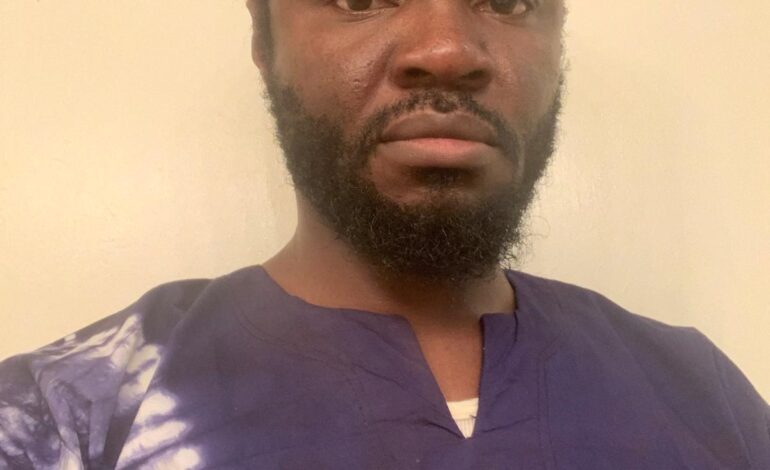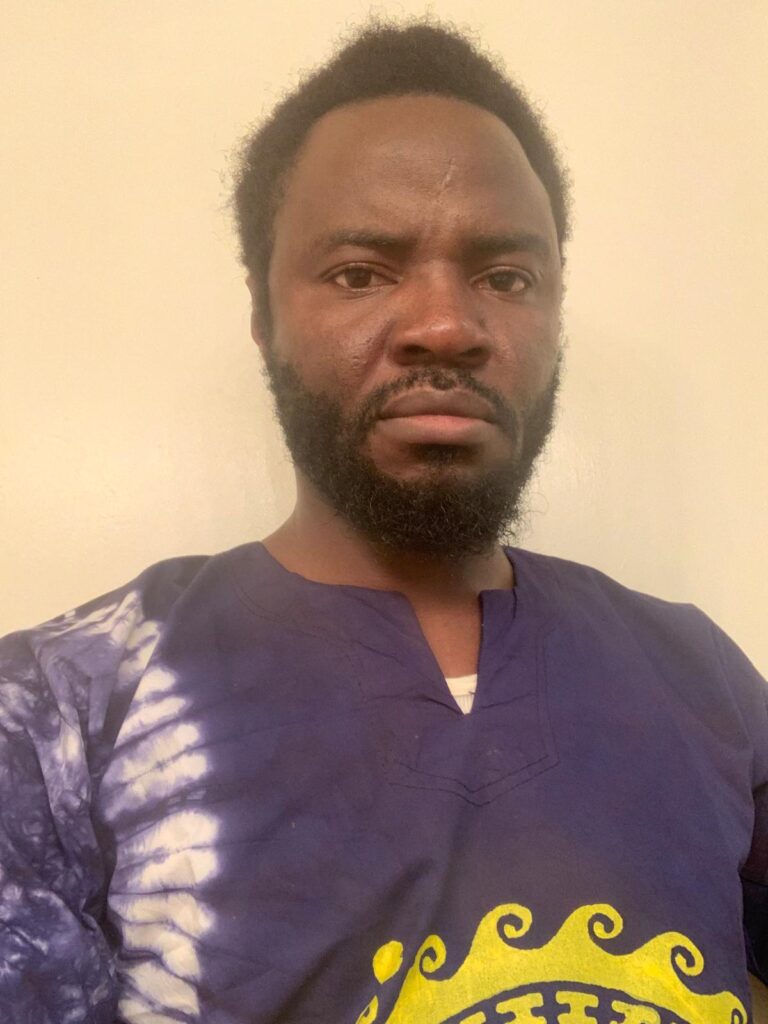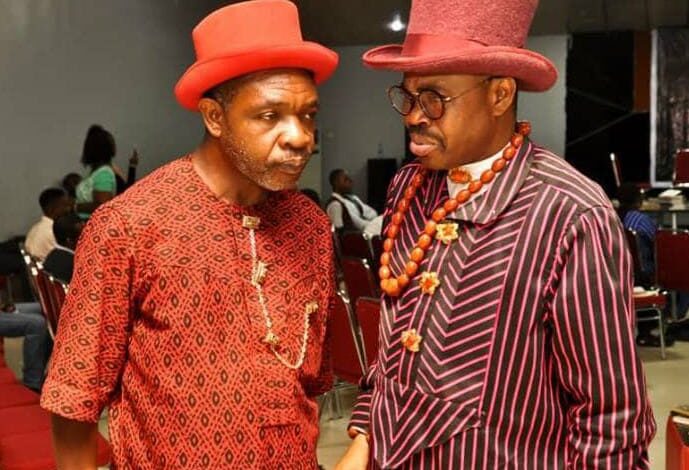Folajimi beams lens on historical drama: ‘King Adekunle’ and ‘The Trial of Ken Saro–Wiwa’

By Godwin Okondo
KING Adekunle, written and directed by Pelumi Folajimi, had its debut performance at The Pit Theatre, Obafemi Awolowo University, in June 2012. The play, for many reasons, compels our attention and arrests our curiosity. Not only does the play benefit from the legacy of the ancient Athenian Greek tragedy, it also demonstrates the storytelling genius of Folajimi who showers the abundance of his narrative potency on the plot and characters of the tragic drama. Certainly, Folajimi departs from the plot and thematic contentions of Sophocles. Rather, Folajimi establishes his own thematic drive which is situated within the context of the Yoruba cosmological order.
Folajimi’s weaving of the narrative events of King Adekunle provides us with the evidence of a storytelling genius which is rooted in Yoruba tradition and African narratology. The young playwright, who wrote the play at the age of 21 and staged it at 28, is focused on Yoruba myth, Yoruba rituals, and African experience with the western world which had intruded Africa in the dimensions of the Trans-Atlantic Slave Trade and colonialism. This is apart from the post–independence imperialism which empowers the former enslaving masters and colonial conquerors to maintain power over Africa through the newly emerged and post–independence leaders of African states. The post–independence leaders who are notorious for political corruption and incompetence, unlike the leadership virtues which we see in King Adekunle who puts his royal privileges aside and fights for his people who are being oppressed by foreigners and invaders. To go a little outside of the context of Folajimi’s text, one observes that King Adekunle behaves like the historico-mythical Moremi who, despite her royal privileges, takes the risk of confronting invaders in order to liberate her people from the enslavement and tyranny of invaders.
King Adekunle demonstrates the storytelling aptitude of Folajimi. The play serves as evidence of Folajimi’s capacity for weaving of events and scenarios to produce a narratological art which is invested in the promotion and celebration of Yoruba mythological tales. King Adekunle is as much a demonstration of Folajimi’s legendary talents in playwrighting and storytelling, as it is Folajimi’s exaltation of Yoruba traditions and Yoruba rituals.

Pelumi Folajimi
Also, Folajimi is a political activist whose career in human rights activism has endured the victimization of the Nigerian state. It is not surprising therefore that he demonstrates solidarity with Ken Saro-Wiwa who, who like Folajimi himself, is a literary writer and activist. Saro–Wiwa, in the latter days of his life, turned to environmental activism when, like the biblical Moses, he was unable to bear seeing his people oppressed by the Pharaohs (the government of Nigeria and Shell) of his days. Folajimi, in The Trial of Ken Saro-Wiwa, dramatizes the ordeals, the fight, the trial, and the execution of Ken Saro-Wiwa whose story provides the window through which we see the tales and trials of the entire Ogoni people who are the victims of the government of their own country.
The Ogoni ethnic group, being a micro–minority ethnicity, is largely unknown and largely unnoticeable in Nigeria which is largely dominated by major ethnic entities such as Igbo, Yoruba, and the combined forces of the Fulani and Hausa. In fact, apart from these three major ethnic groups in Nigeria, the Ijaw, Urobo, Tiv and Kanuri, being minority groups, are so prominent that their existence overshadows such a micro-minority group as the Ogoni. The current high measure of attention being enjoyed by the Ogoni people in particular and the Niger Delta in general may be attributed, significantly, to the contributions and legacy of Saro–Wiwa, the activist who is the focus of Folajimi’s drama of trials.
Folajimi dramatizes Saro–Wiwa along with globally prominent figures such as Jesus Christ, Socrates and Galileo. Dedan Kimathi and Nelson Mandela are dramatized along with Ghandi and Joseph, apart from Martin Luther King Jr., in Folajimi’s dramatization of the legacy of Ken Saro–Wiwa. Folajimi weaves the stories of these world martyrs into the tales of Saro–Wiwa in a manner that celebrates the global pertinence and universal artistry of Folajimi’s dramaturgy. Dramatizing Saro–Wiwa’s history, Folajimi explores the activism of the Ogoni people who resist the tyranny of the Nigerian government and Shell whose policies and exploitation cause huge environmental destructions to Ogoni land. The Trial of Ken Saro–Wiwa demonstrates not only Folajimi’s artistic talents but also the vision of Folajimi’s political activism.




